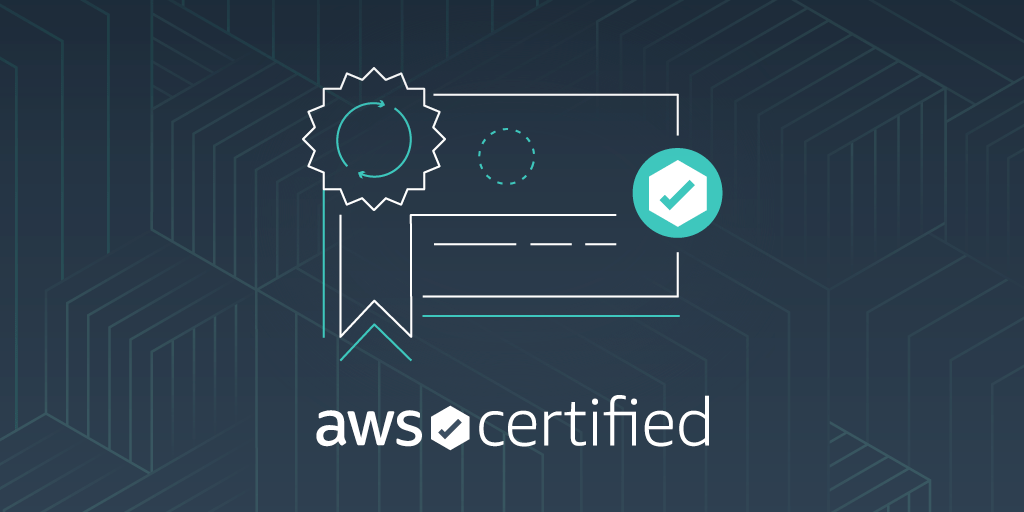Data science is a multifaceted field that integrates various disciplines to extract valuable insights from data. For those considering a career in data science, understanding the core subjects is crucial. In this article, we will explore the key subjects in data science, their significance, and how they contribute to a successful career in this dynamic field.
The Core Subjects in Data Science
1. Mathematics and Statistics
Mathematics and statistics form the backbone of data science. A strong foundation in these subjects is essential for understanding data, creating models, and making predictions. Key topics include:
- Probability: Understanding the likelihood of events.
- Descriptive statistics: Summarizing data using measures like mean, median, and standard deviation.
- Inferential statistics: Drawing conclusions and making inferences from data samples.
2. Programming
Proficiency in programming is crucial for implementing data science techniques. The most commonly used programming languages in data science are:
- Python: Widely used due to its simplicity and powerful libraries like NumPy, Pandas, and Scikit-Learn.
- R: Preferred for statistical analysis and data visualization.
3. Data Analysis
Data analysis involves examining data sets to uncover patterns and insights. Key aspects include:
- Data cleaning: Preparing data by handling missing values and correcting errors.
- Exploratory data analysis (EDA): Using statistical methods and visualization to understand data distribution and relationships.
4. Machine Learning
Machine learning is a core component of data science. It involves building algorithms that can learn from data and make predictions. Important concepts include:
- Supervised learning: Training models on labeled data for tasks like classification and regression.
- Unsupervised learning: Finding hidden patterns in unlabeled data through clustering and association.
- Reinforcement learning: Training models through trial and error to make decisions.
5. Data Visualization
Data visualization is the art of representing data graphically. It helps in communicating insights effectively. Key tools and techniques include:
- Matplotlib and Seaborn: Python libraries for creating static, animated, and interactive visualizations.
- Tableau: A popular tool for creating dashboards and visual analytics.
6. Big Data Technologies
Handling large volumes of data, known as big data, requires specialized technologies. Key technologies include:
- Hadoop: A framework for distributed storage and processing of large data sets.
- Spark: A fast, in-memory data processing engine suitable for big data analytics.
7. Databases and SQL
Knowledge of databases and SQL is essential for retrieving and managing data. Important aspects include:
- Relational databases: Using SQL to query and manipulate data.
- NoSQL databases: Handling unstructured data using databases like MongoDB.
8. Domain Knowledge
Domain knowledge refers to expertise in the specific field where data science is applied. It helps in contextualizing data and making relevant decisions. For instance:
- Finance: Understanding financial markets and instruments.
- Healthcare: Knowledge of medical terminology and healthcare processes.
How Inventateq Incorporates These Subjects in Their Data Science Course
The Inventateq data science course is meticulously designed to cover all the essential subjects required for a successful career in data science. Here’s how Inventateq ensures comprehensive learning:
Comprehensive Curriculum
The data science course by Inventateq offers a well-rounded curriculum that includes:
- Mathematics and Statistics: Detailed modules covering probability, descriptive and inferential statistics.
- Programming: Extensive training in Python and R, with practical coding exercises.
- Data Analysis: In-depth lessons on data cleaning, EDA, and data visualization.
Practical Projects
Hands-on projects are a significant part of the Inventateq data scientist program. These projects simulate real-world scenarios, allowing students to apply their knowledge and skills practically.
Expert Instructors
Inventateq boasts a team of experienced instructors who provide personalized guidance and support. Their expertise ensures that students grasp complex concepts effectively.
Flexible Learning Options
To accommodate diverse learning needs, Inventateq offers flexible learning options, including weekend classes, weekday sessions, and self-paced learning.
Certification and Placement Assistance
Upon completion of the course, students receive a recognized data science certification. Inventateq also provides placement assistance, helping students secure jobs in the field of data science.
Why Choose Inventateq for Learning Data Science?
Choosing the best data science course is crucial for building a successful career. Here’s why the Inventateq data science course stands out:
Industry-Relevant Skills
The curriculum is designed to reflect the latest industry trends and practices. Students gain skills that are in high demand in the job market.
Hands-On Experience
Practical projects and exercises ensure that students can apply their knowledge to real-world problems, building confidence and expertise.
Career Support
Inventateq offers ongoing career support, including resume building, interview preparation, and placement assistance, to help students succeed.
Conclusion
In conclusion, the subjects in data science encompass a broad range of disciplines, from mathematics and programming to domain knowledge and big data technologies. A solid understanding of these subjects is essential for a successful career in data science. The Inventateq data science course provides comprehensive training in all these areas, equipping students with the skills and knowledge needed to excel in this dynamic field.
If you’re ready to embark on a rewarding career in data science, consider enrolling in the Inventateq data science course. With a well-rounded curriculum, hands-on projects, and expert guidance, Inventateq is the ideal choice for aspiring data scientists.
























